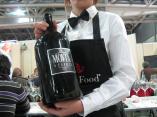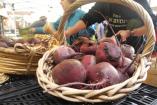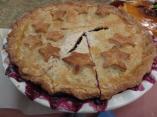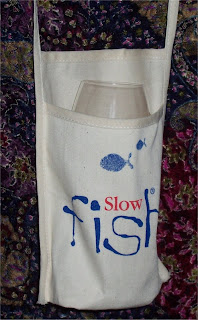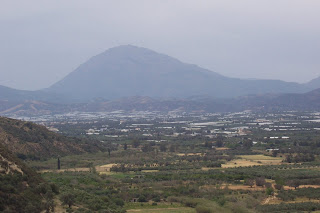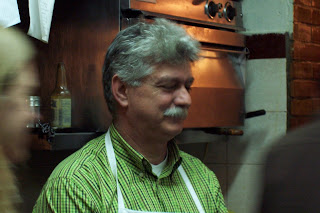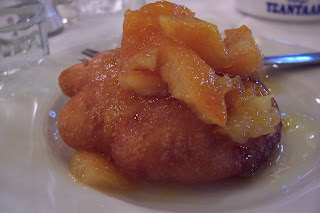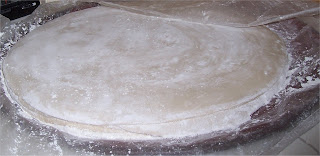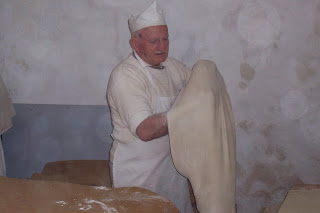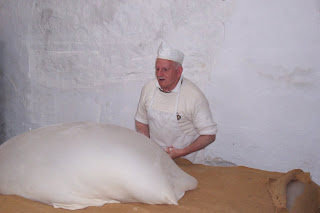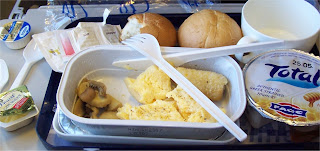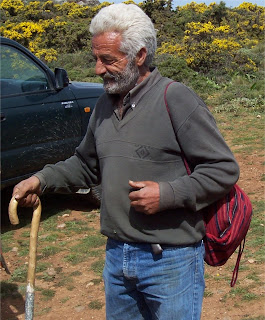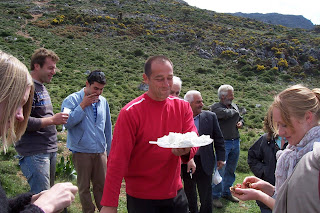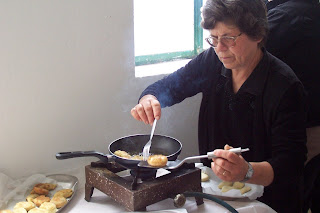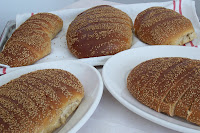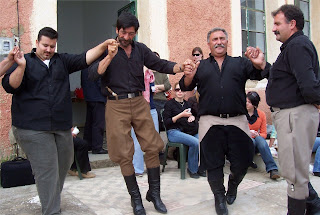Mostly a visual week, this. We’ve had a series of talks on food television from the Swiss film maker Annette Frei Berthoud, who’s been showing us various clips (including a bit from Mondovino) and documentaries. We had one yesterday about cacao growers in South America, which talked about Kallari organic cocoa from Ecuador, and the Presidia product cacao nacional.
A couple of classes were cancelled this week and replaced with documentary screenings. Monday we had a Canadian film that our Don worked on, On the Road to Bocuse d’Or. Yesterday saw the return of Stefano Sardo who showed us several things including the Sierra Club’s neat little education tool, The True Cost of Food, and then the wordless and sobering Our Daily Bread which is something to see if you have ever wondered whence cometh those tomatoes, pork chops, apples, eggs, cucumbers..
Most shocking to me in Our Daily Bread was seeing the industrialisation of work: evidently the design of industrial food production facilities builds in the isolation of its employees. These are not jolly production lines where the workers banter across the conveyor belts or bond over coffee break; here we have blank-faced drones in full hygiene kit arranged so they never face one another and probably couldn’t speak if they did for the factory noise and the ear protection; handling fruit, vegetables, chicks, piglets, animal corpses and a whole lot of machines in an efficient, dispassionate flow. Do they take breaks together or are they always sent off in sequence so as not to interrupt the production chain? I wondered how the designers of these factories had managed to divest from their consciences and their planning all those great 20th century concepts like job satisfaction, employee motivation, team-building; they’ve stripped these jobs down to a cold essence. The perfect 21st century environment for an alienated 21st century workforce?





